Low-Cost Tools for Science
Categories

Science has always relied on tools and instruments to extend our experimental powers. Many of those tools have grown expensive and exquisite. Low-cost science tools increase access and the pace of exploration.
Science Leads: Shannon Dosemagen and Jenny Molloy
The Projects
Browse the participating projects
Helping conservation biologists with 3D glasses for wildlife camera traps
Camera traps photos tell you what animals are in an area, but figuring out how many is tricky. E.g. two...
Affordable and Accessible Experimental Evolution for the Classroom
The field of biology may be advancing by leaps and bounds but the resources for students to access these...
Creating a field dissection microscope that can be built in the field
Microscopes are one of the most important scientific tools. There are no shortage of low-cost microscope...
Democratize Biotech! Can community labs jumpstart distributed production/distribution of critical biotech tools?
Equitable access to biotechnology is a global challenge in low-resource settings where there is limited...
Building a low-cost DIY bioreactor system for sustainable microbial cultivation
Our project aims to develop a food-grade, low-cost, bubble column bioreactor system for easy and sustainable...
Developing a low-cost, high-sensitivity solution for phage concentration detection
Phages are hard-to-detect bacteria viruses, crucial for understanding microbial ecosystems. We aim to characterise...
Developing nanoLAMP for low-cost isothermal detection of Potato Virus Y
Early and cost-effective detection of Potato virus Y (PVY) using molecular methods is vital to prevent significant...
Can automated moth diversity monitoring be used to measure habitat restoration success in a tropical jungles?
Moths and other night-active insects are entrapped by UV light, a feature useful to study them. However...
Open Source Radio Imager for Measuring Plant Health
We propose to build an inexpensive, open source, portable radio measurement system that can characterize...
Developing dNinja, an open-source digital PCR
We have been making open-source PCR machines for decade. 1st generation thermal cycler NinjaPCR was released...
Laboratory evolution of bacteria carrying synthetic parasitic circuits
We are studying the co-evolution of synthetic genetic circuits and their carrier host strains. The parasitic...
Understanding yeast decision making processes in real time through open-source lab automation
We're studying how yeasts make decisions about their cellular fate during mating, a process that involves...
Developing FabScope for low-cost and open-source microfabrication
The project aims to develop a low-cost microscopy platform for micro-fabrication that achieves similar resolution...
Can wind powered micro-vessels provide reliable wave monitoring?
Expanding the horizon of data collection at sea, our project aims to use innovative, small autonomous micro...
Can low-cost and readily available water quality testers accurately map pollution levels in Indian rivers?
Lack of reliable water quality data is leading to serious global health issues. The UNEP estimates that...
Instruments, methods and training for coastal oceanographers in under-resourced countries
Our understanding of the changing coastal oceans, and how to mitigate against hazards and support food security...
Can we democratize bio-based food and drug research with an open-source photobioreactor?
Photobioreactors are cultivation systems designed for growing photoautotrophic organisms using artificial...
Trans-epithelial Electrical Resistance (TEER) device to study the circadian rhythms of intestinal barrier function
Trans-Epithelial Electrical Resistance (TEER) is an important measure of epithelial tissue permeability...
How can we measure marine microplastics in a low-cost and globally scalable way?
If we really want to know more about how much microplastic pollution is in the sea, we need globally accessible...
A portable, cost-effective, and standardized laboratory system to discover species in remote areas.
The current rate of biodiversity loss calls for immediate actions. The recent commercialisation of portable...
Can we find a low cost solution to store temperature sensitive enzymes in research?
Temperature-sensitive reagents are common in biology labs, and often need to be stored in expensive ultra...
Helping the tropics fight climate change with army ants
I am studying army ants of the genus Eciton in Costa Rica. These insects will give us better light on how...
Tote-Size portable incubator for rapid field work
Waiting for lab results is slowing science down! We are designing a fully open source portable incubator...
More About This Challenge
The sciency details
Challenge Aims
We want to support projects that aim to build and/or test new low-cost tools for science.
Low-cost science tools can increase access to scientific experimentation and inquiry for individuals and organizations that may not have the resources to purchase expensive laboratory equipment and supplies. This can help to close the gap between those who have access to science resources and those who do not.
Low-cost science tools can also help to encourage innovation by providing individuals and organizations with the resources they need to develop and test new ideas and theories. This can lead to new discoveries and advancements in scientific knowledge.
Examples of low-cost tools for science include Foldscope, FieldKit, and the Cubesat standard.
The goal of this small, fast grant program is support more of these types of projects here on Experiment — a small and fast grant program to get new ideas off the ground quickly. We will back eligible projects up to $10,000 (although you can try to raise more using the crowdfunding aspect of Experiment, too). The funds will be distributed on a first-come, first-serve basis. The sooner you fill out a project application the better (use the "start a project" link below). Bold ideas and questions are encouraged to apply.
Experiment requires that projects be framed in a scientific research context. This can be a challenge for tool-centric projects, but you should ensure that your proposal includes the use of your tool to answer a research question. Here are examples to give you a sense of how to embed your tool in a research context: deep-sea camera, infrared spectroscopy, smart watches as ocean sensors. You should also explain how you will share the outputs of your project, to enable other people to use the tool.
Photo credit: Wilson Center and Pentagram








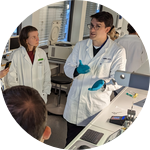

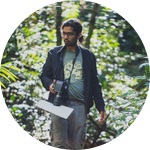



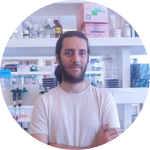







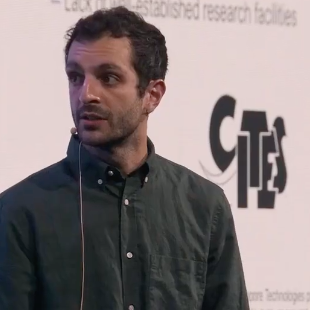

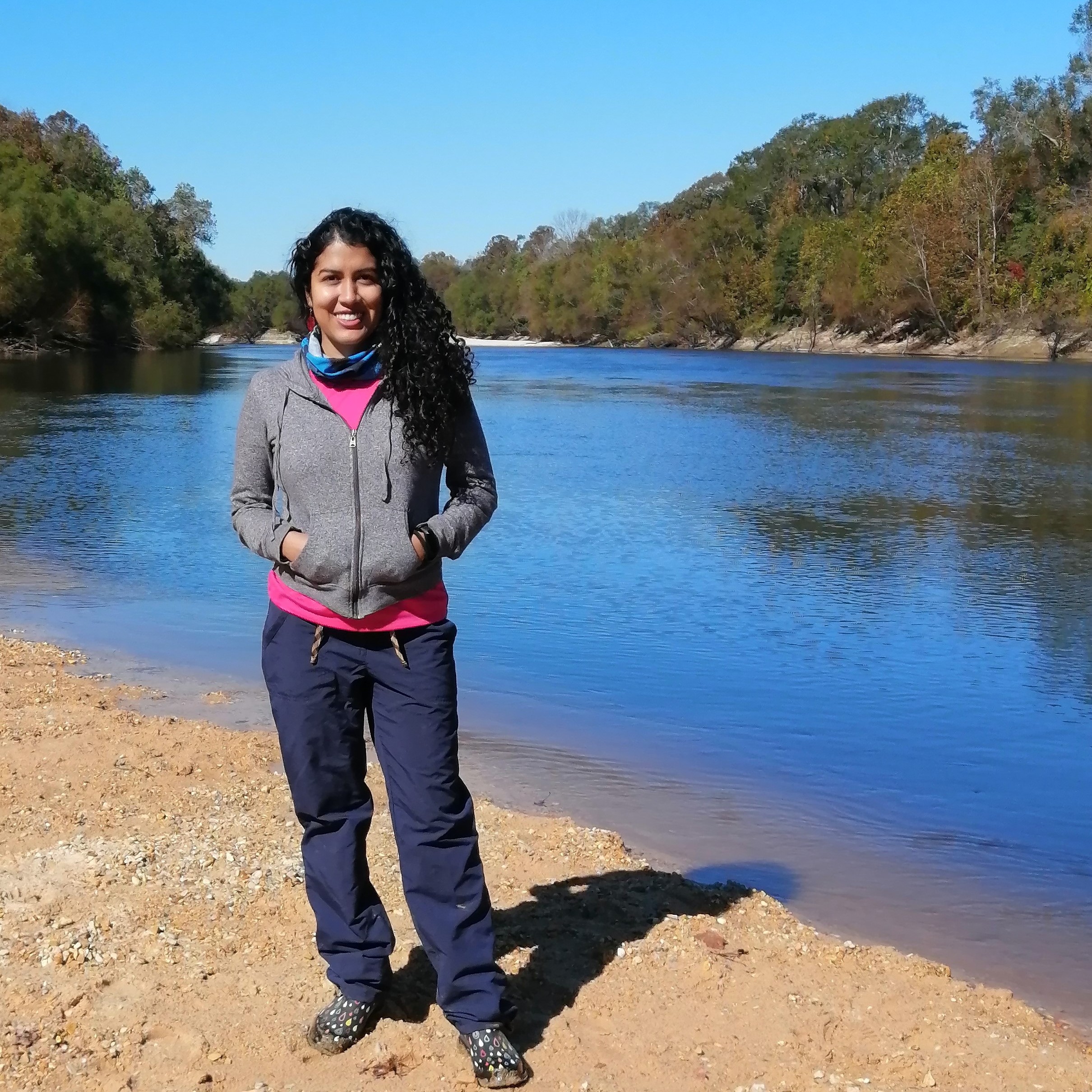
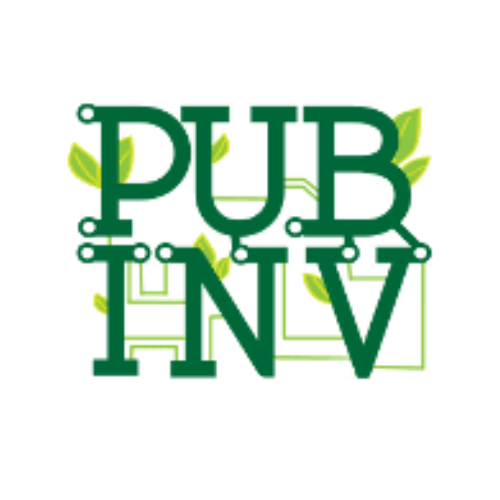
 Challenge Grants
Challenge Grants